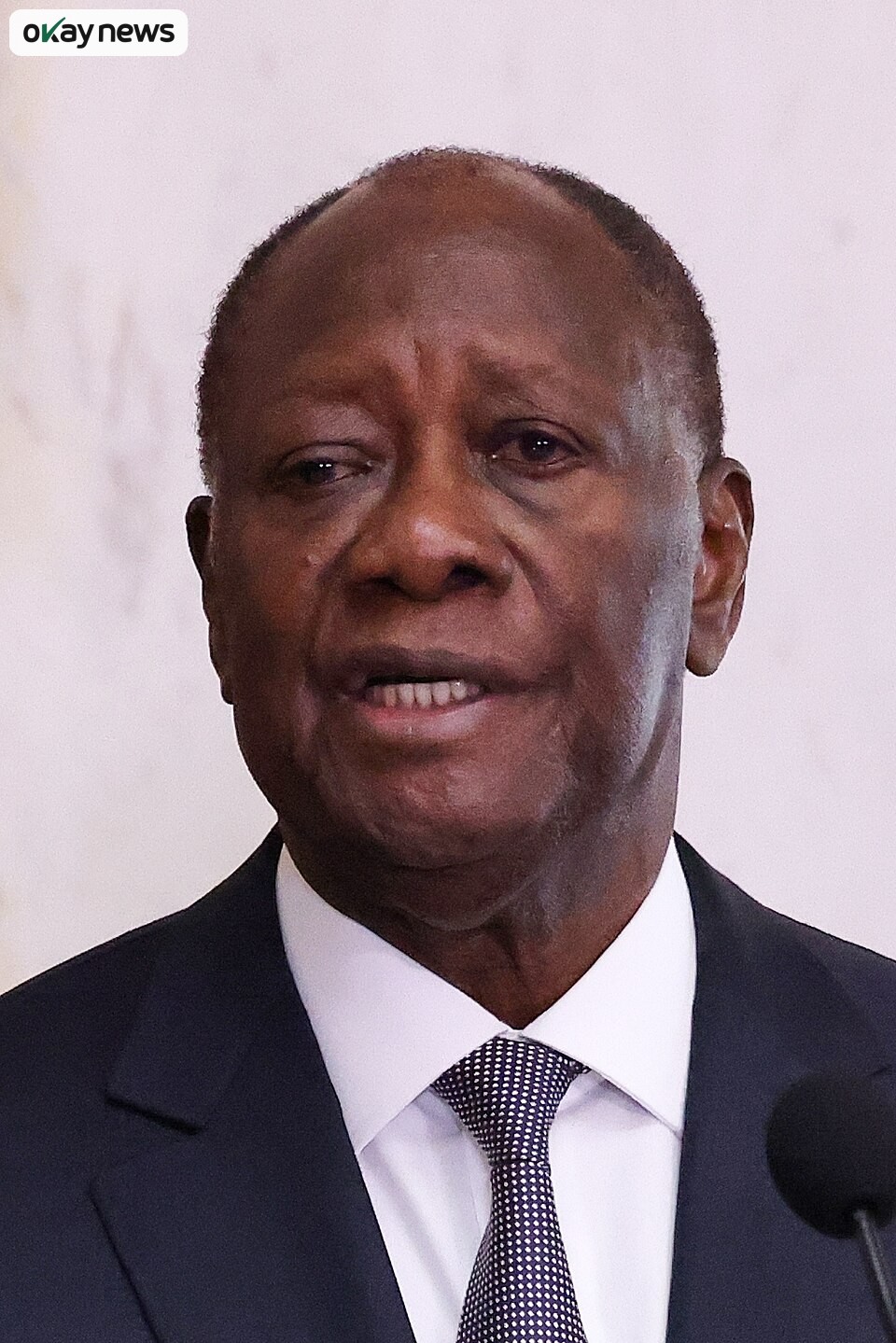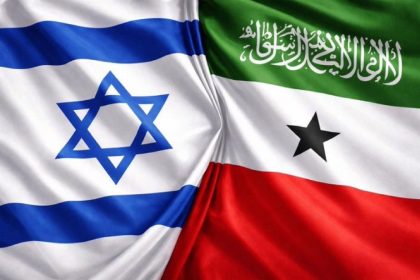Ivory Coast has tightened its northern frontier after an “unusual wave” of refugees from Mali streamed across the border, fleeing attacks by armed groups in southern Mali. The National Security Council (NSC) confirmed in a Thursday statement that the influx appears linked to “attacks against civilians by armed terrorist groups” in Mali’s southern zones, prompting urgent measures to protect the country’s security and manage the humanitarian crisis.
The NSC has instructed its Executive Secretary to register all asylum‑seekers and directed the Chief of the General Staff of the Armed Forces to strengthen security at the northern borders. The move follows a JNIM militant assault on the town of Loulouni—just 50 km from the Ivorian border—displacing hundreds of civilians.
Ivory Coast, already hosting about 90,000 refugees from Burkina Faso, is now grappling with additional demands for shelter, food, and medical aid. The government’s rapid response aims to ensure proper documentation and curb potential cross‑border infiltration by insurgents.
The surge mirrors broader instability in the Sahel, where JNIM’s decade‑long insurgency has forced millions to flee and strained regional economies. Mali’s own fuel blockade, compounded by JNIM’s highway closures, has exacerbated shortages, pushing more civilians toward Ivory Coast.
Authorities stress that the heightened military presence is a defensive measure, while humanitarian agencies are being mobilized to assist the new arrivals.







